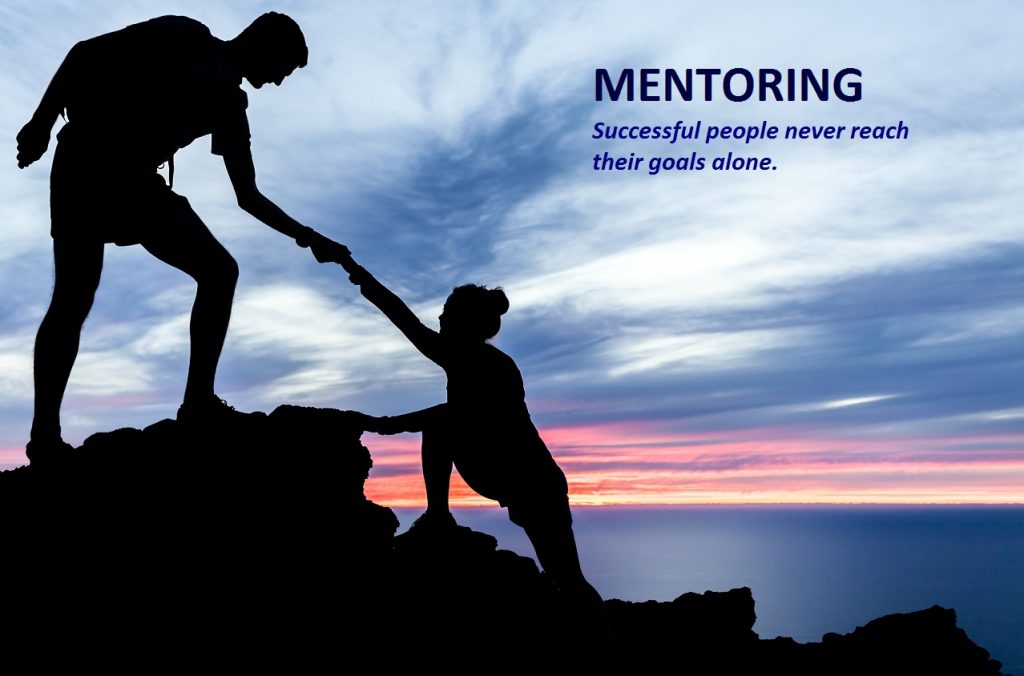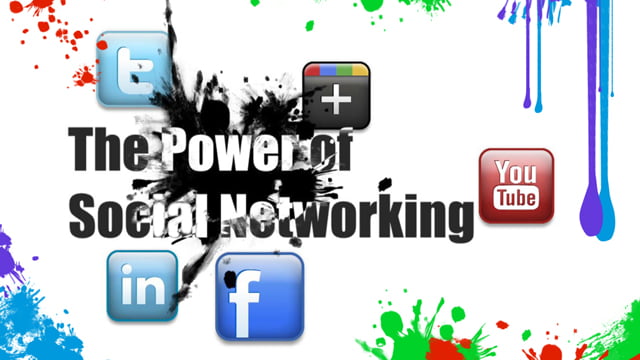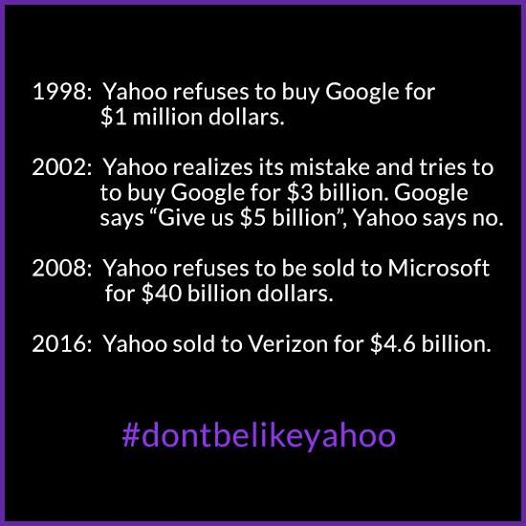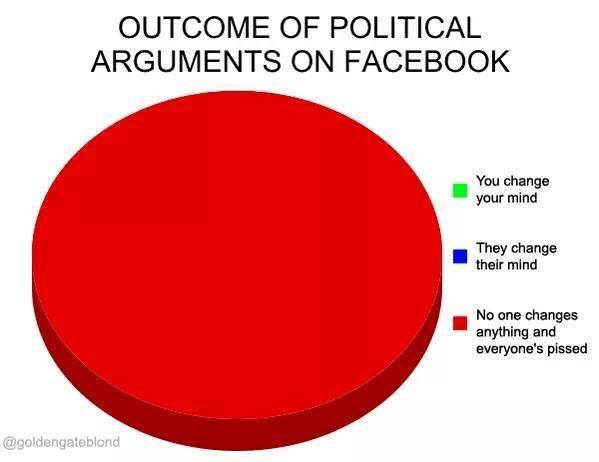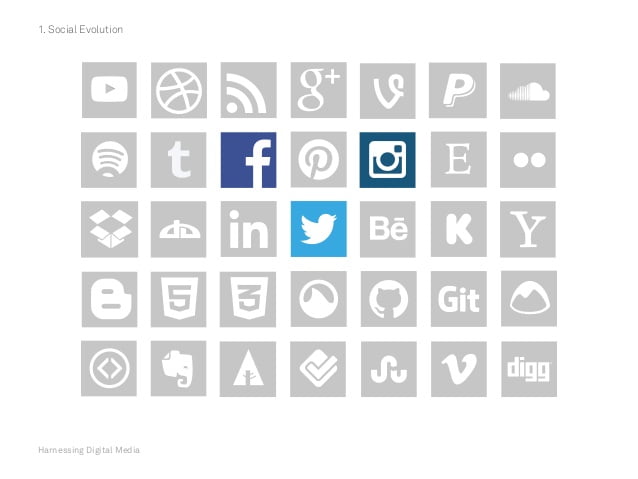Can the surge continue? A review of bitcoin’s 2016 performance indicates the cryptocurrency’s fundamentals are such that the party is far from over.
With incoming U.S. President Donald Trump promising a fiscal spending binge that could push the $20 trillion U.S. debt even higher, the fundamentals that have served to more than double bitcoin’s price this year could deliver even greater gains in 2017.
A combination of events, beginning with bitcoin’s popularity as a hedge against increasingly volatile markets, set the stage for a repeat performance in 2017, if not better.
The cryptocurrency began 2016 trading at $428 and hit $928 by the end of December, a 114% gain. Growth was not uniform, but momentum accelerated in the fourth quarter. Bitcoin gained 25% in value since the beginning of December alone.
It was also the best-performing currency this year, outpacing the U.S. dollar and the Israeli shekel.
A Weak Beginning
The year did not begin on a positive note when Mike Hearn, a bitcoin developer, announced he was leaving bitcoin, claiming its fundamentals were broken and the long-term price outlook was negative. He claimed the system was controlled by a handful of people and the network was on the brink of collapse.
The market did not react favorably to Hearn’s pronouncements, which yielded the most damning media coverage the cryptocurrency had ever experienced. The price tumbled around 15% after his departure.
But recovery was evident by February. Some observers postulated that Hearn’s real motivation for exiting bitcoin was the lack of support for his solution to bitcoin’s scalability challenge, BitcoinXT.
Financial adviser Martin Tillier observed that the very issue that drove Hearn’s departure — the need for a more scalable bitcoin network — was the result of a very positive underlying fundamental — its growth as a currency.
Signs of bitcoin’s ability to hedge against other markets were already evident in late 2015. The price rose to just below $500 after the U.S. Federal Reserve Bank raised its fund rate by 25 basis points in late 2015. Bitcoin’s price tracked the U.S. dollar rally against other fiat currencies.
It didn’t take long for Tillier’s predictions to materialize.
Pricing Surge Began Early
The weak start of the 2016 stock market demonstrated bitcoin’s use as a hedge against more volatile investment options. Bitcoin was one of the few winning investments in the worst first week of the year for U.S. stocks in early January. The Dow Jones Industrial Average and the S&P 500 had their worst first weeks in history. Bitcoin, gold, the yen and natural gas were in growth modes.
The price in January surged over $20 in a 10-hour period to scale beyond $450.
The climb did not occur in a straight line, however.
After hitting a low of $360 in January, the price rebounded past $400 in February.
In another article, Tillier observed that bitcoin’s price hikes in previous years were mysterious, but the current one can be traced to the devaluation of China’s currency.
Because there is a logical reason for the price surge, the market is acting as a forward discounting mechanism and some degree of appreciation is now built into the price, Tillier noted. In addition, the interest from traders combined with the ability to short the currency allows the market to check upward spikes naturally, simply by attracting sellers.
The Scalability Factor
The network scalability issue remained a background theme.
In February, Bitcoin Classic released code that could double the bitcoin block size, offering a solution to the scalability issue. Bitcoin Classic, however, drew controversy within the developer community, which investors naturally noticed.
Those seeking to increase the maximum block size from 1 MB to 2 MB claimed that it is necessary to keep transaction costs down and continue the growth of the system.
Those against the increase said questions surrounding a hard fork, which can occur when non-upgraded nodes cannot validate blocks created by updated nodes that follow updated consensus rules, had not properly been addressed.
The Classic camp, consisting of entrepreneurs, wanted a more immediate fix to expanding the network by increasing the block size. The Core camp, consisting of miners, didn’t want to increase the block size since some miners would be less likely to earn mining rewards.
Mining pools representing at least 70% of the total hashing power of the bitcoin network and some of the largest bitcoin exchanges said they would not support Bitcoin Classic or any “contentious hard-fork.”
The release of the code for Segregated Witness in April, an upgrade to the bitcoin protocol designed to enable more transactions within a single block of the blockchain, pushed bitcoin’s price past $460. Segregated Witness fundamentally removes signatures from the transaction, thereby compressing transactions within blocks to leave more space for transactional data. This would serve as a less drastic, soft fork.
Market Forces Converge
The scalability debate did not undermine investor confidence and had less bearing on bitcoin’s price than its growing reputation as a safe asset in a tumultuous global market. Pricing activity was stable during February, March and April.
The U.S. Federal Reserve Bank’s 2016 rate increase announcement in March had little impact on bitcoin. Half the market passively accumulated via limit orders placed just below price while the other half actively sold at market.
The U.S. dollar, by contrast, weakened while but gold jumped nearly $30.
The Fed cited a weak global economy as the reason for its decision and forecasted two more hikes, fueling a desire for safe assets.
Global political events, meanwhile, worked in bitcoin’s favor, beginning with the June U.K. Brexit referendum. The surprise referendum sent markets reeling. After the U.K. pound (GBP/USD) dropped to $1.32, the U.S. dollar and gold rallied while bitcoin achieved a $140 one-day gain.
Around this same time, rumors indicated Steam, the global online gaming store and distributor, was preparing a bitcoin implementation as a payment method to its base of some 125 million active users.
In June, the price soared beyond $570, reaching a near two-year high.
A Setback Strikes
The climb was not over, but it was not uniform.
The price crashed in August after the Bitfinex exchange suffered a security breach that led to the theft of an unconfirmed number of bitcoins. The exchange announced it was shutting down its website in ominous signs reminiscent of Mt. Gox. The attack led some to believe the industry had not come up with a way to ensure security.
But the naysayers would again be proven wrong.
Bitfinex got back online after advising users that they would lose 36 percent of their assets. The exchange levied a 36% price on all of its users, whether or not they were victimized individually by the hackers.
The Bitfinex theft quickly sent bitcoin price tumbling.
Bitfinex delivered a blow, but the market began a gradual recovery that gained momentum as fall approached. Some viewed the Bitfinex episode as proof that the bitcoin network is capable of withstanding negative events.
The price struck a new yearly high of $794.39 in mid-December as the currency’s fundamental strength became evident.
Bitcoin gained more value than all other currencies in 2016, driven by China’s crackdown on the yuan, isolationist rumblings in the U.S. and the U.K, and increasing acceptance by consumers and businesses.
By the time the price surged 79 percent since the start of 2016 to $778, it reached its highest level since early 2014, data compiled by Bloomberg. At that point, bitcoin quadrupled the gains posted by Russia’s ruble and Brazil’s real, the world’s top two hard currencies.
Mining Reward Halving: No Impact
When the halving of the bitcoin mining reward occurred in July, there were no price drops. Bitcoiners celebrated worldwide.
There was concern about miner profitability since miner rewards were cut in half from 25 to 12.5 bitcoins.
But the price resumed its upward trend. One factor noted at the time was the devaluation of the Chinese yuan, driving Chinese investors to bitcoin.
China’s role in bitcoin trading has emerged as a key factor in is price performance. The country accounts for more than 90% of the cryptocurrency’s trades, and has become a natural hedge against the devaluation of the yuan.
In January 2017, the foreign currency cap imposed by the Chinese government for the amount of foreign currency that a Chinese citizen can convert ($50,000) will be reset for the new year. Inevitably, the surge in capital outflows could weaken the yuan further, setting off a market reaction that could lead to further demand for safe value assets, which bitcoin is fulfilling a role as.
What’s Ahead?
Central banks may give up on qualitative easing and negative interest rates, but they are far from being finished with intervention and distorting the allocation of capital and the price of money, according to Steen Jakobsen, CIO at Denmark-based Saxo Bank. Hence, bitcoin’s role as a hedge against volatile currencies remains intact.
Meanwhile, the Trump-promised fiscal spending binge is expected to add to the approximate $20 trillion of U.S. national debt, tripling the current U.S. budget deficit from about $600 billion to $1.2 trillion to $1.8 trillion.

Could the Donald Trump presidency push bitcoin price higher?
The spending could cause U.S. growth and inflation to skyrocket, forcing the Fed to accelerate its hikes and the U.S. dollar to soar to new heights.
This could create a domino effect in emerging markets and China in particular, leading people globally to seek alternative currencies and payment systems that are not tied to central banks.
If the banking system, as well other nations such as Russia and China, moves to accept bitcoin as a partial alternative to the U.S. currency and the traditional banking and payment system, bitcoin’s price could hit $2,100 and beyond as the blockchain’s decentralized system, an inability to dilute the finite supply of bitcoins, and low to no transaction costs gains more traction and acceptance globally.
Images from Shutterstock.Chart from BitcoinChart.
Chris Corey
CMO Markethive Inc

Lester Coleman on 29/12/2016â
Alan Zibluk Markethive Founding Member


